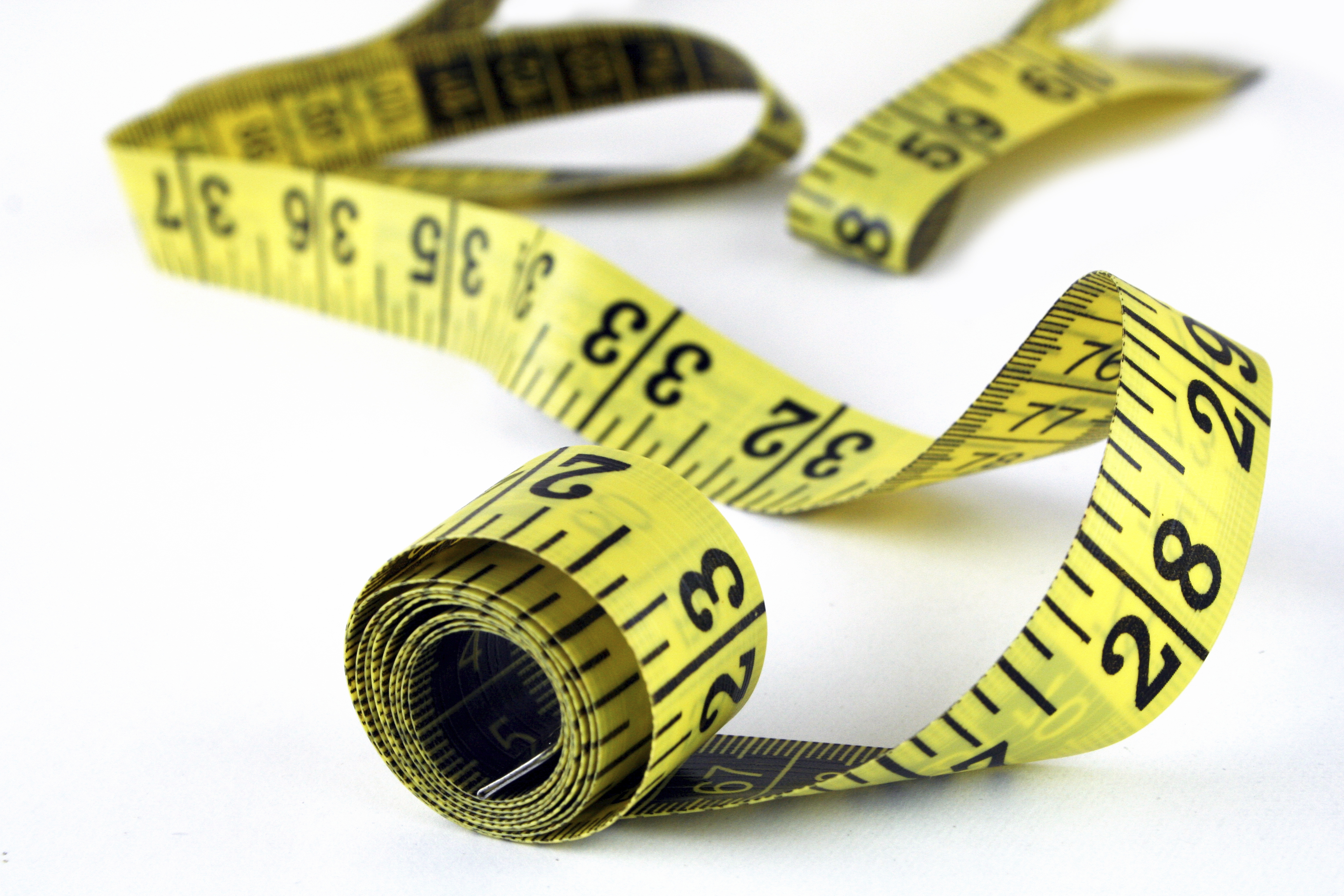Financial Expert Rachel Cruze Gives Singles Specific Advice on Savings and Debt
Rachel Cruze, daughter of the famous financial guru, David Ramsey is here to save the day your life. Rachel’s passion is to motivate young adults to make debt avoidance and savings top priority. Last week I spoke to Rachel about why it is SO important for singles and young people to consider their financial future and what they can do to maintain a social life while sticking to a budget and savings plan.
 Here are some of this financial mogul’s best advice for singletons:
Here are some of this financial mogul’s best advice for singletons:
1. Find an Accountability Partner. When you’re sharing finances with a significant other, what’s yours is theirs and what’s theirs is yours – whether it’s millions of dollars in the bank or a ton of debt. But when you’re single, you’re not accountable to anyone but yourself. If you aren’t self-disciplined enough to stay on budget throughout the month and cut down on spending when your bank account is getting low, it’s easy to get into some serious credit card debt. In order to stick to a budget and start saving money, Rachel recommends finding an Accountability Partner. This could be a parent, a friend, or a sibling. This should be someone who will be honest with you and let you know when you’re getting out of hand with your spending. If you really don’t feel comfortable sharing financial details with anyone, try one of the many mobile apps, like Mint or Expensify, that will keep you updated on your spending throughout the month and send you notifications when you start spending excessively in any one category of your variable expenses.
2. Put your money towards debt, an emergency fund and retirement. Rachel emphasizes the importance of paying your debt off first. She suggests making a debt snowball, listing your debts from smallest to largest, and attacking the small debt with a vengeance. When you pay the smallest one off, move on to the next one and so on. Once you’ve paid off your debt, start saving for a $1000 emergency fund. If you lose your job or your car breaks down, this will give you a bit of a safety net. And finally pay yourself first. 15% of all income generated should go to your retirement savings plan. The earlier you can start saving for your retirement, the better thanks to compound interest. Set up automatic withdrawals so that they occur on your pay day. This will ensure you don’t get the opportunity to see or touch your this money.
3. When it comes to dating, do what you can. Rachel believes that if you can’t afford an expensive dinner, don’t take your date to an expensive restaurant. Simple as that. If the only way you can pay for the dinner is to put it on your credit card, you can’t afford it. In order to save money while dating, Rachel recommends eating in, going for drinks (rather than dinner and drinks) or going to restaurants where you aren’t waited on, to avoid having to tip. This will save you anywhere from 15% to 25% of your bill (depending on what kind of tipper you are).
4. Don’t be cheap. There’s also a risk in going too cheap on a date. There is a big difference between being financially responsible and being cheap. Someone who is financially responsible won’t take a date to a restaurant he can’t afford. Someone who is cheap will opt for the expensive restaurant (knowing he can’t afford it) but will find ways to pinch pennies. It may be convenient and more affordable to use that Groupon on a first date or accept her offer to go dutch, but if you see a future with your date, choose an affordable restaurant and take the high road by treating her on the date.
5. When you’re in a relationship, talk about money. With respect to finances, Rachel believes opposites attract resulting in the common spender/saver dynamic (one person being a saver, the other being a spender). Rachel stresses the importance of talking to your partner about finances, whether you’re married or not. Discuss your goals in terms of investing, retirement and staying out of debt. Make sure you are on the same page when it comes to the big priorities, but don’t split hairs over all the little details. She also adds that just because your partner doesn’t have the same spending and saving habits as you, doesn’t mean you can’t be financial compatible. It’s all about talking it out, being upfront and meeting in the middle.
6. Consider the Future. One of the common mistakes Rachel sees among young adults is acting on their desire for instant gratification. This tends to be magnified when you are single. As a singleton, it’s a regular occurrence to be socializing after work, on the weekends, while spending money on drinks, dinners, brunches and cab fares. Add excessive alcohol consumption to the equation and all thoughts of a ‘budget’ are out the window. We all know that moment of panic as you awake after a big night and start adding up all your crumpled receipts from the night before. Yikes!
Needless to say, acting on your desires in the moment while not considering the future, can easily lead to overspending and most importantly – debt. What most young adults don’t think about in those moments, is how debt and overspending will affect their future relationships. Half of all your debt, if not paid off, will one day (when you marry) be passed on to your spouse, says Rachel. Depending on the amount of debt you’ve incurred, this may not be something certain people will want to take on in a relationship. Rachel recommends putting a budget together and making a conscious decision to think about the impact your spending has on your future and your future partner (even if you haven’t met this person yet). This will propel more consistent long-term financial planning.
If you’re still not inspired to start changing your money habits, here are some of Rachel’s favorite money quotes:
- “The discipline of working, saving, giving and spending play into your every day decisions”
- “When you start taking control of your money, other areas of your life start changing for the good”
- “When we start winning in one area of our life, it motivates to start winning in other areas”
- “When you devise a plan it’s easier to go after a goal”
- “Money isn’t always just about money. There’s so many lessons to learn just around that one subject”
Follow @RachelCruze











